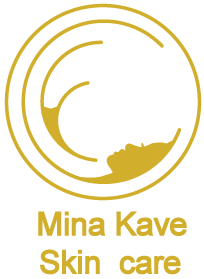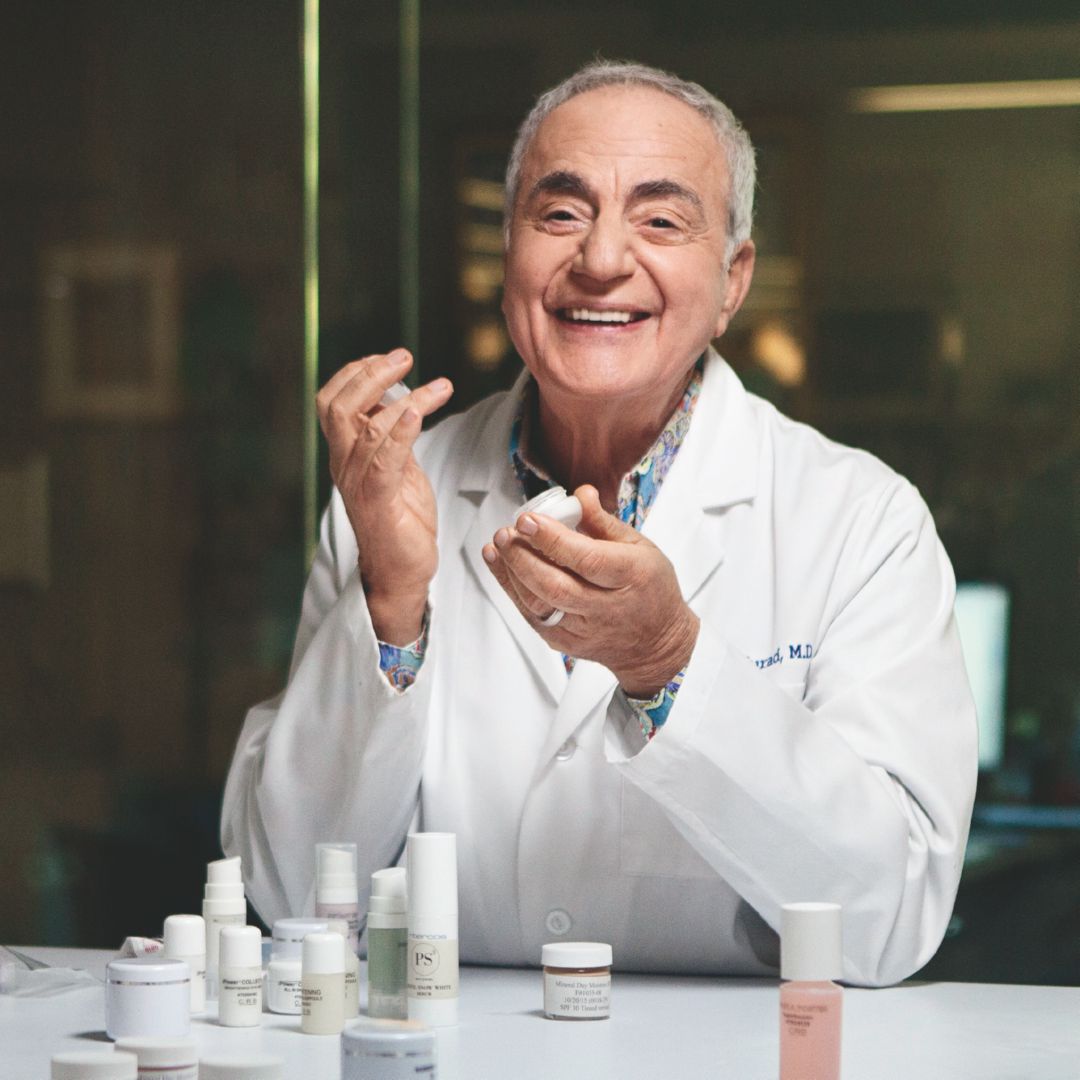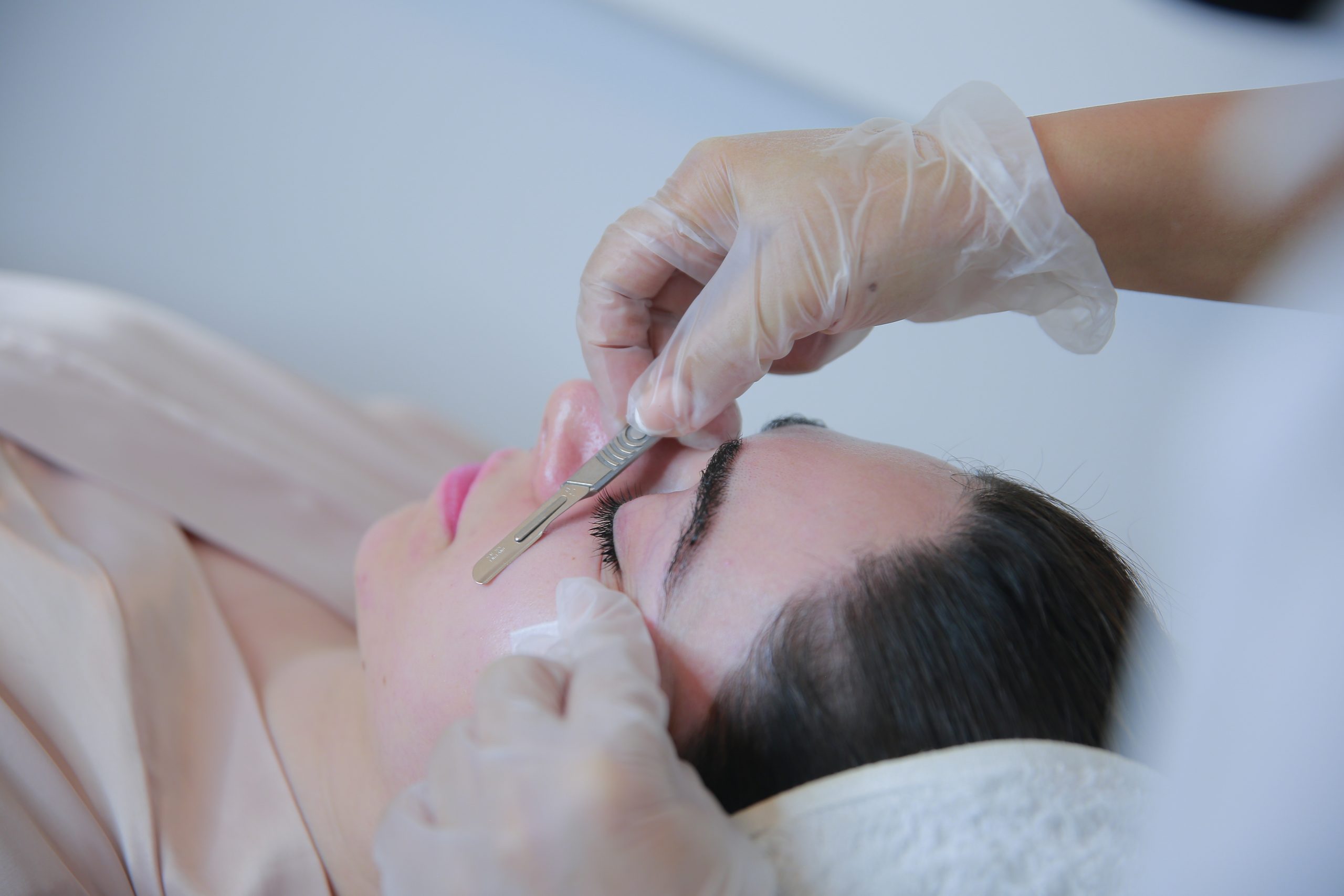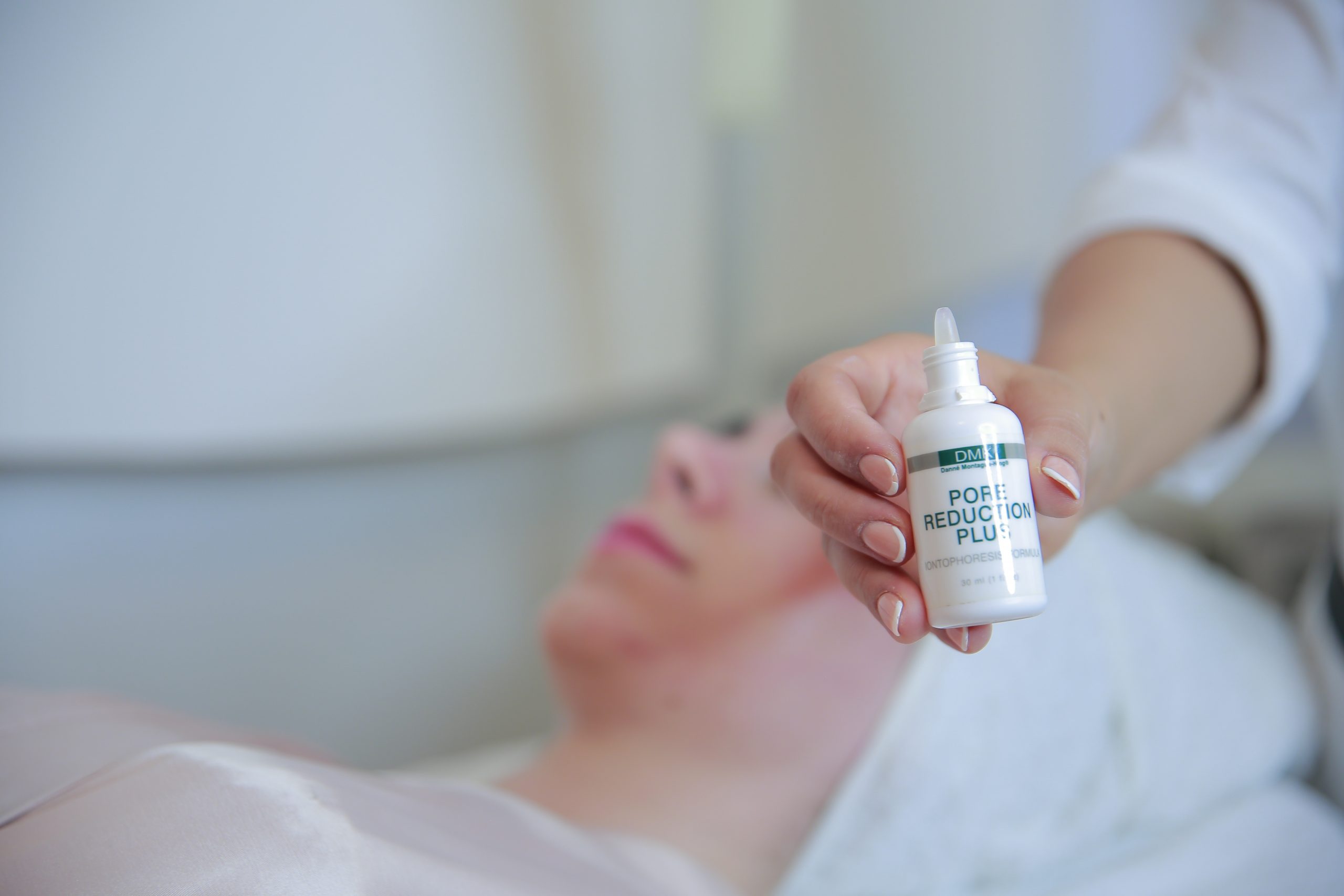Adult Acne
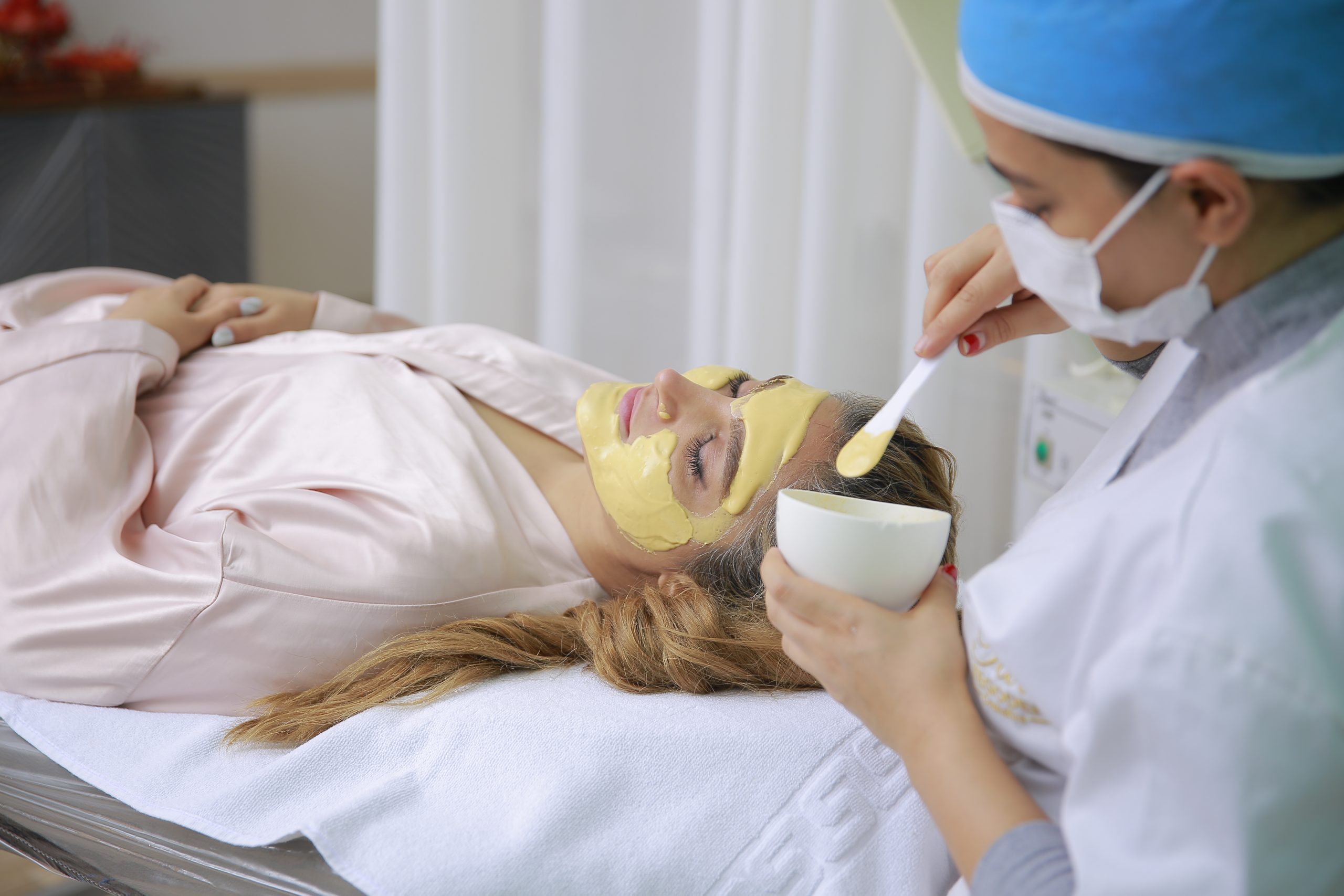
[vc_row][vc_column][vc_column_text]
Adult Acne
For most people, acne is a condition that comes and goes throughout their teenage years as part of the rite of passage to adulthood. However, adult acne occurrence rates are rapidly on the rise, with breakouts continuing into adulthood or as a sudden onset later in life. Adult acne affects both men and women but predominantly occurs in women. It is usually more hormonally-driven than traditional acne, and the skin can vary from being extremely dry to being excessively oily. Hormonally-induced acne also indicates that the issue is more than skin deep, potentially caused by an internal imbalance, which requires different treatment and lifestyle adjustments to achieve a resolution. While there are prescription solutions that have shown efficacy in treating adult acne, such as antibiotics, contraceptives, and retinol, they are prone to cause numerous side effects. Success in naturally treating adult acne requires a multi-pronged approach that targets regulating sebum production rather than removing sebum, balancing hormones through topical botanical treatments, and adjusting lifestyle habits that can create hormonal imbalances and cause acne.
The hormonal imbalances that drive adult acne are not as simple as an estrogen imbalance, there can be other hormones involved, such as insulin-like growth factor 1 (IGF-1) and dihydrotestosterone (DHT).
HORMONES & ACNE
IGF-1 is a hormone triggered in excess through a high intake of carbohydrates and refined sugars. After consumption, a spike in IGF-1 occurs, increasing the production of skin cells and sebum production, which creates a recipe for breakouts. Increased IGF1 also leads to more free androgen hormones in the body, which can lead to increased oil and inflammation in the skin.
DHT is a type of androgen hormone related to testosterone. As the body produces testosterone, some of it is converted into DHT by an enzyme called 5-alpha reductase. It has been shown that adults with acne can have shown that adults with elevated levels of 5-alpha reductase, causing too much conversion of normal testosterone into DHT1. Increased DHT results in a surge of oil production and inflammation, leading to breakouts.
Thankfully, increased IGF-1 levels can be resolved simply through a lifestyle change by limiting the intake of carbohydrates and refined sugars. Lowering DHT levels can require more effort, requiring topical botanical treatments and potential herbal supplementation that inhibits 5-alpha reductase. Red clover is an herb that can inhibit 5-alpha reductase, both through topical application and dietary supplementation. Topical application includes products such as serums or masks that contain this remarkable herb. By lowering 5-alpha reductase, less testosterone is converted into DHT, potentially reducing excess oil production and inflammation. Additional dietary sources of 5-alpha reductase inhibitors that can be consumed daily include turmeric, pumpkin seeds, green tea, and Coco nut oil.
CORRELATIONS
There is also a notable correlation between adult acne and smoking. Smoking causes irregular production of skin cells, as well as oxidation of lipids or oils in the skin, leading to congestion in the follicle. Through making lifestyle adjustments (such as smoking cessation) and utilizing natural solutions, excess sebum is regulated and hormones are balanced, leading to fewer breakouts
In summary, adult acne is different than teenage or adolescent acne and requires a different strategy to achieve the best results. This strategy includes dietary and lifestyle adjustments, topical application of botanical hormone regulators, and potential internal herbal supplementation to alleviate imbalances. These lifestyle changes and natural treatments offer alternative solutions and target adult acne at its source.
[/vc_column_text][/vc_column][/vc_row]
